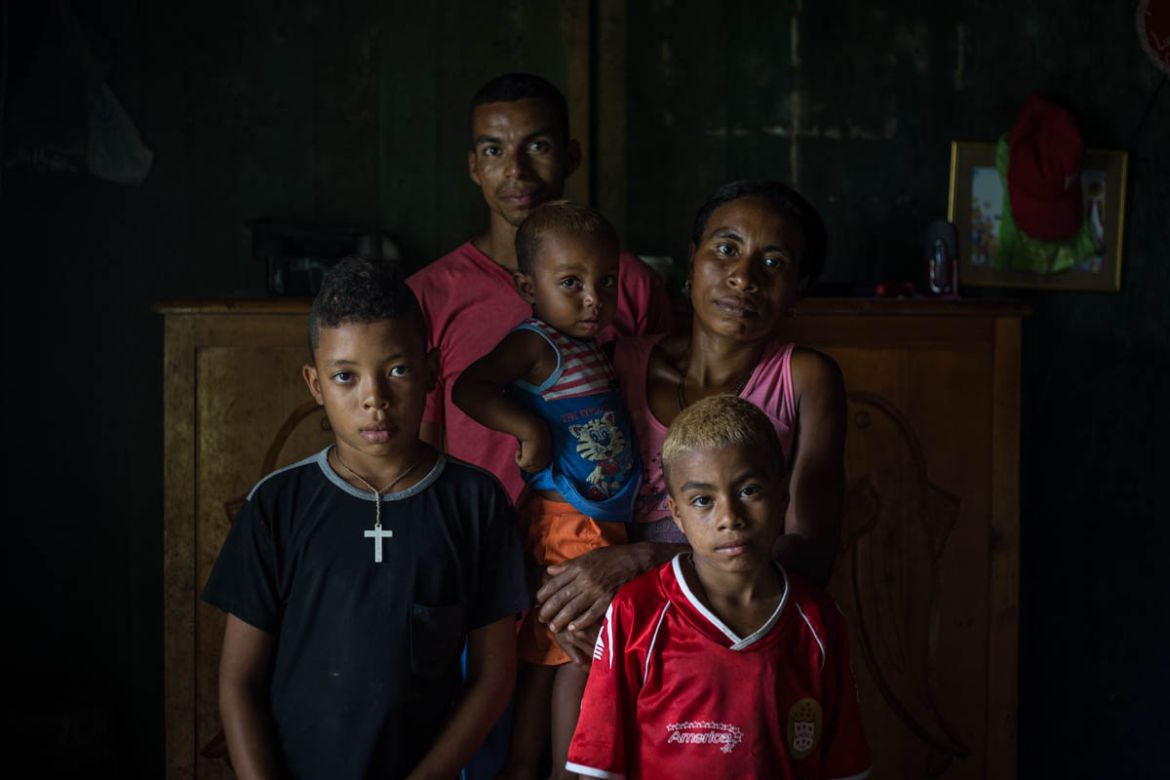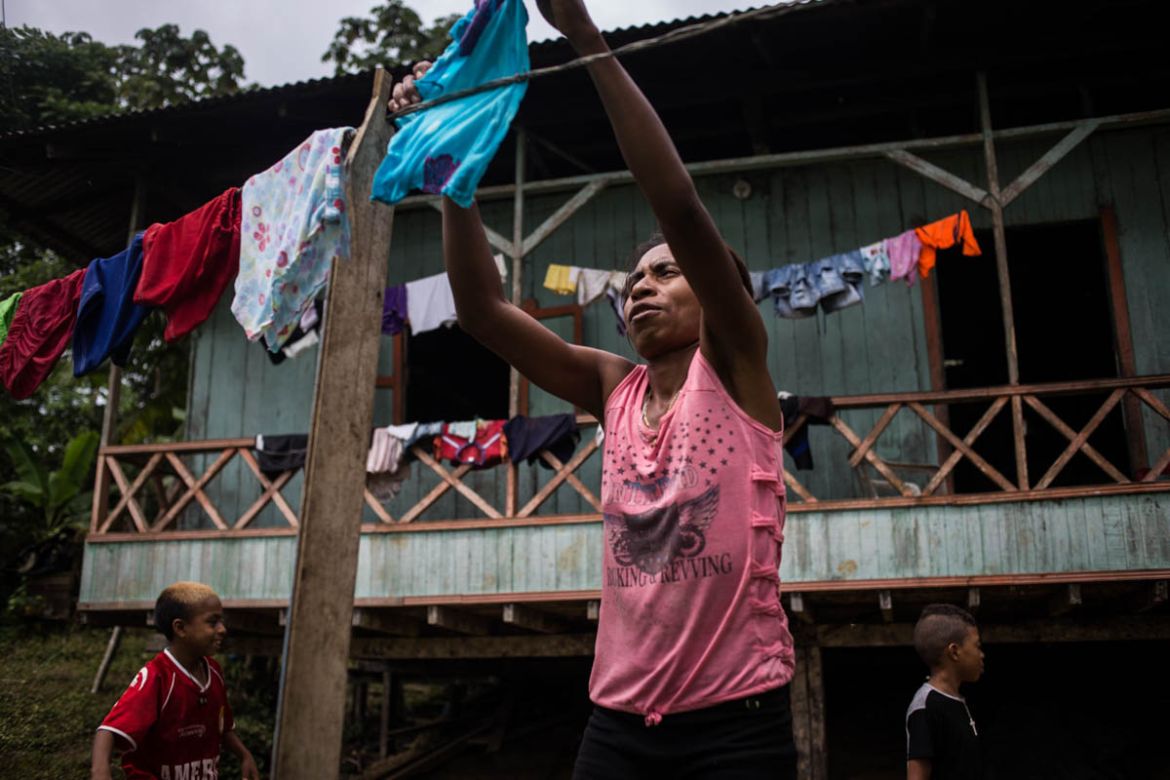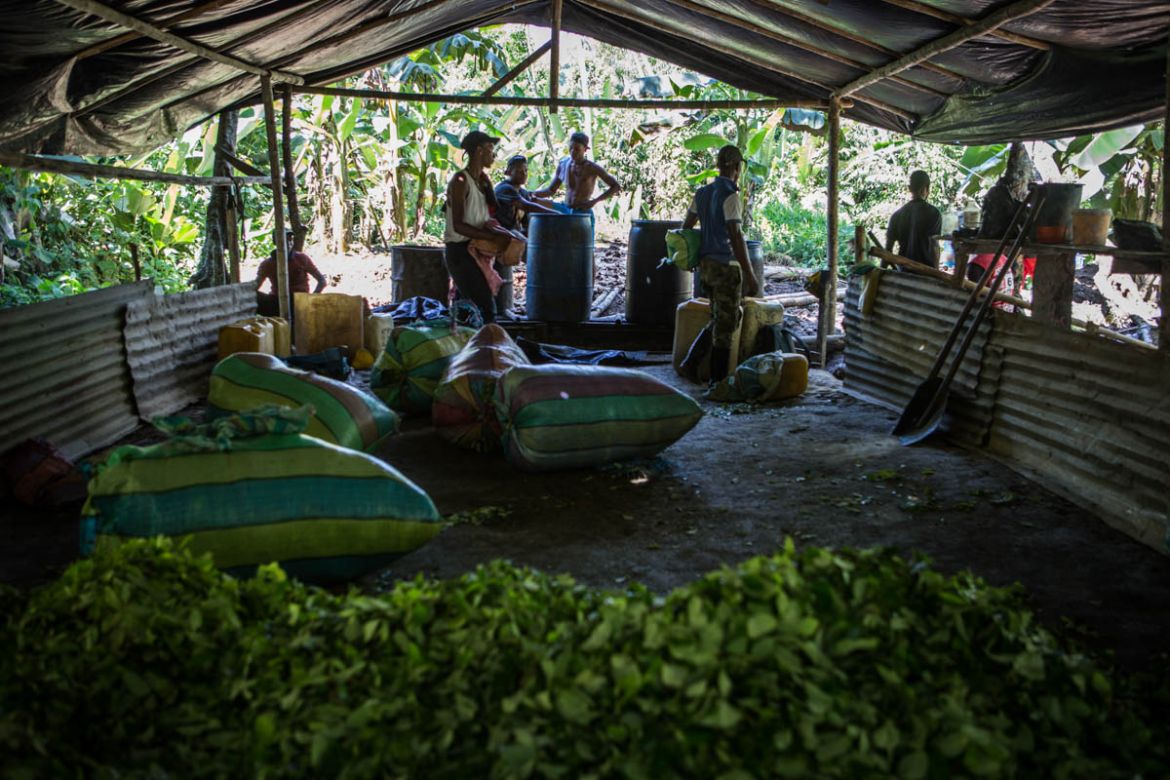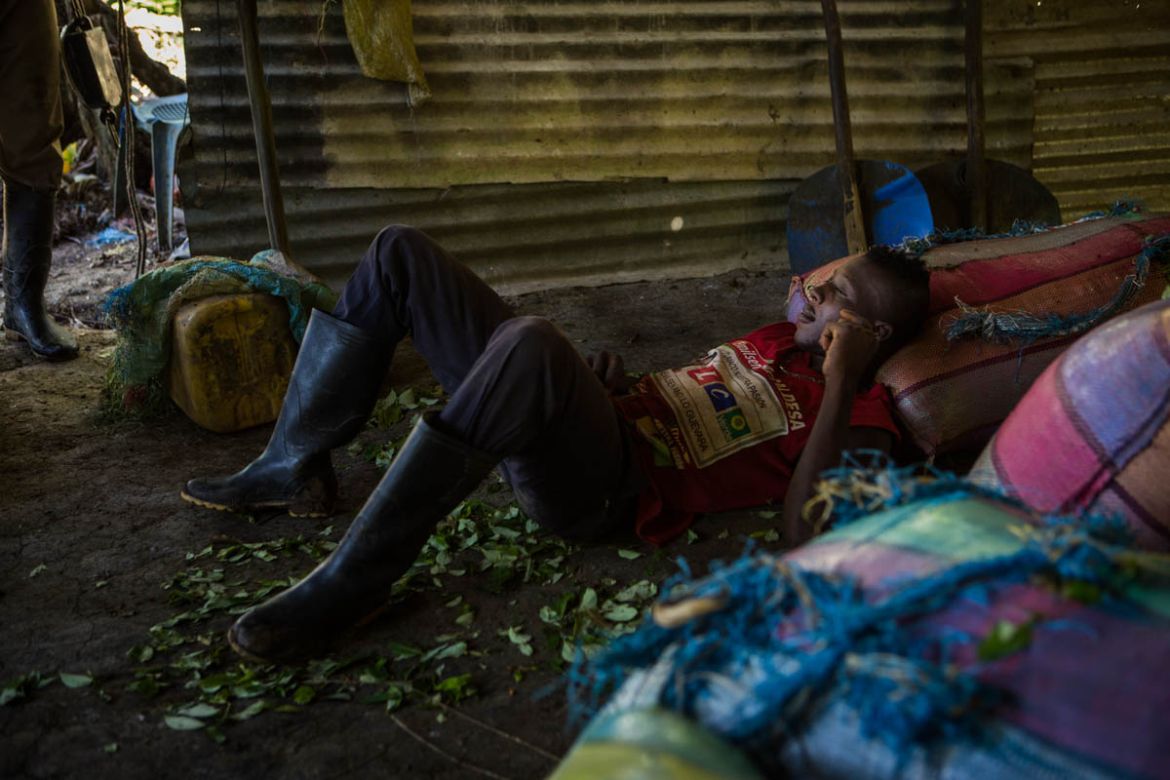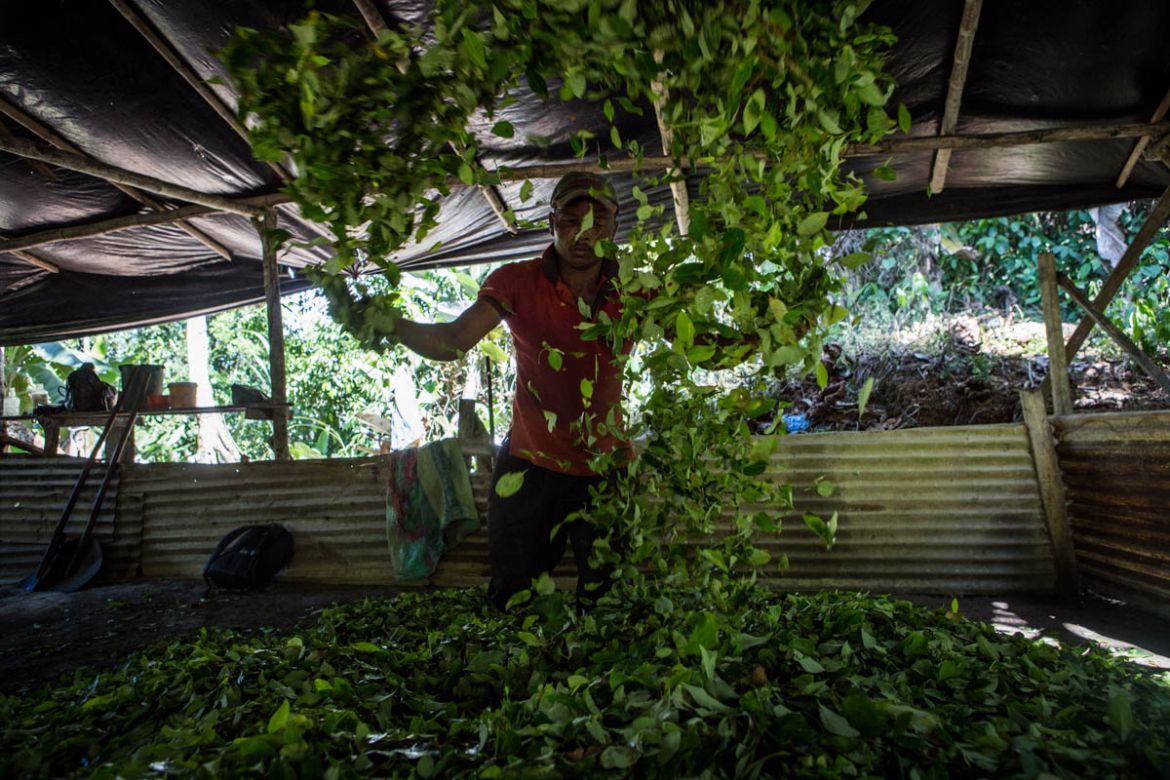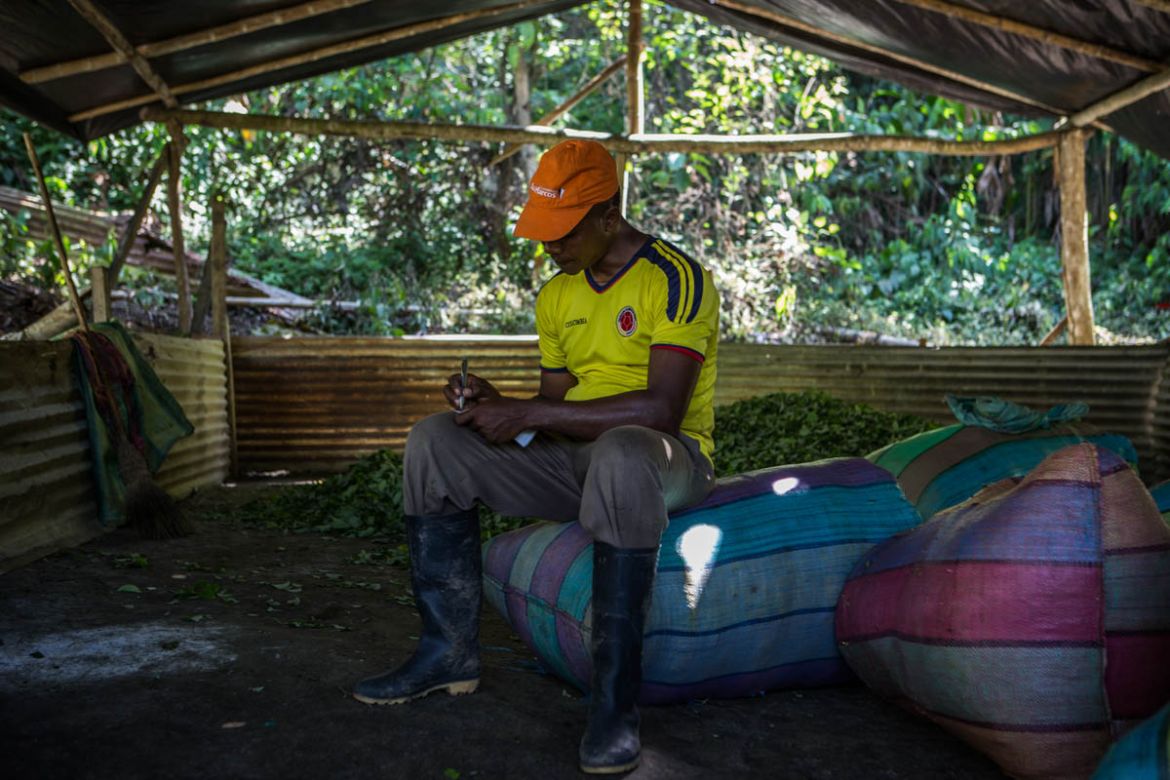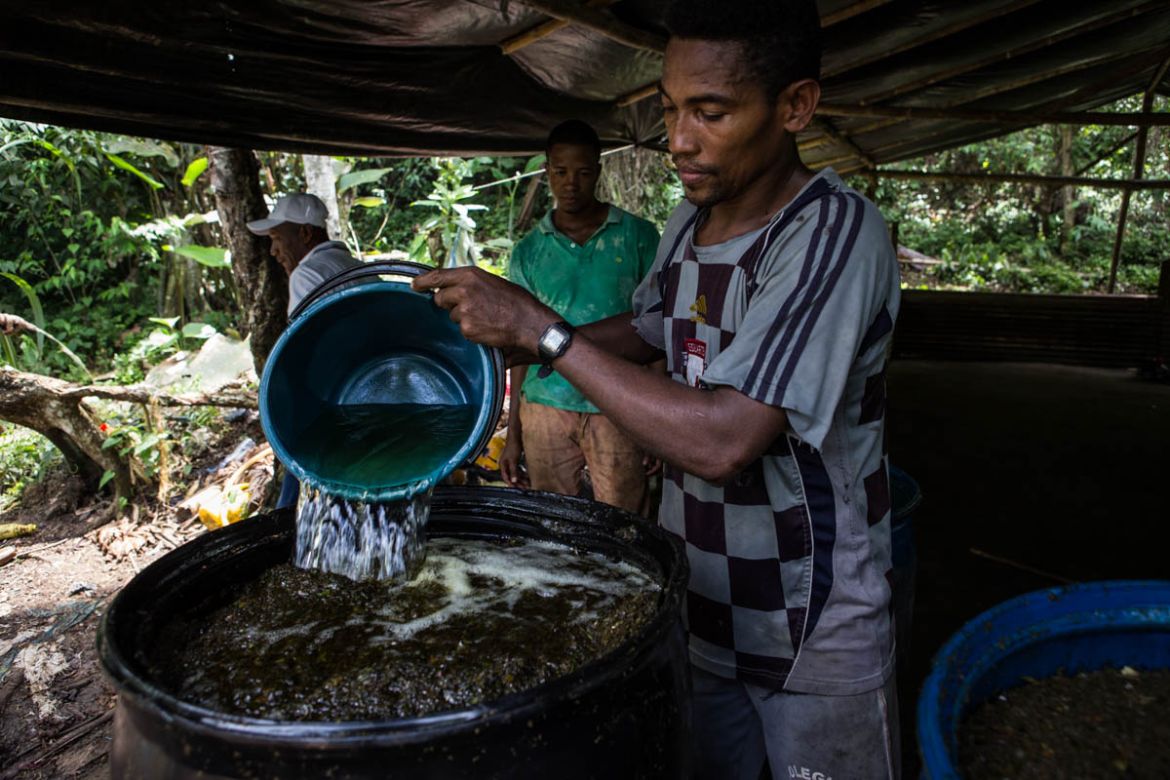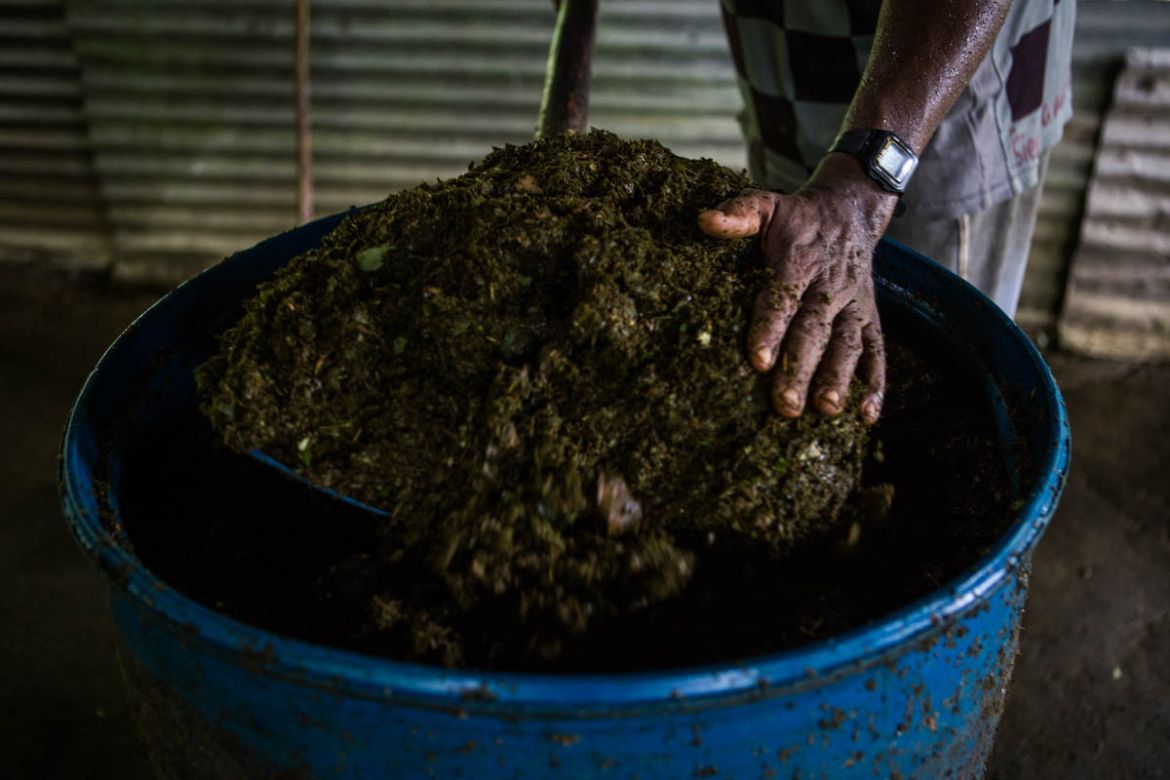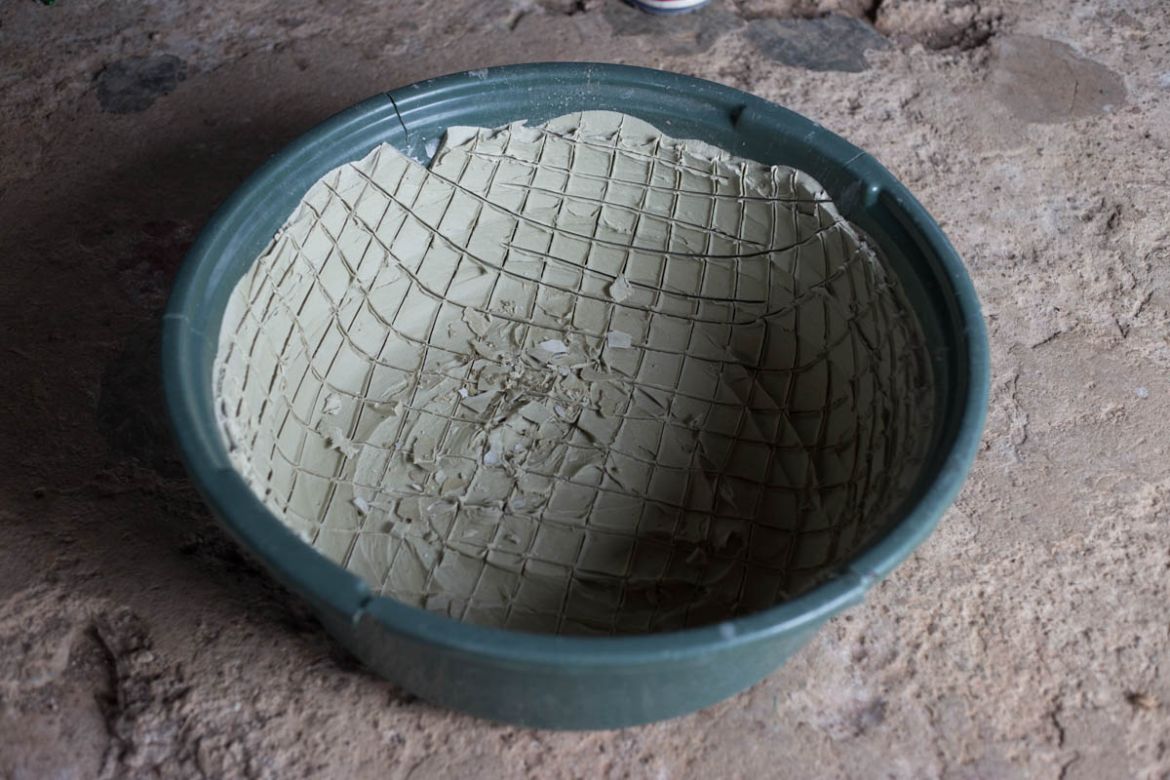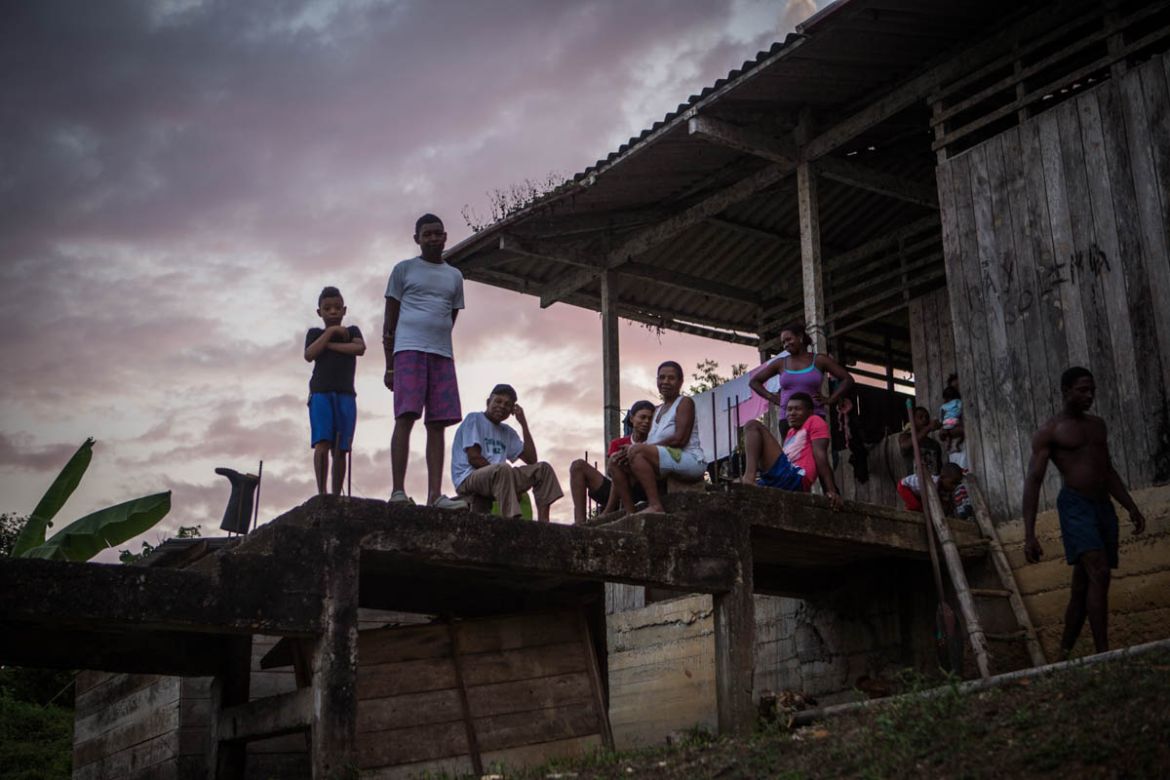In Pictures
Colombia: ‘I’m not proud cultivating coca, but we have no choice’
Farmers say there are no alternatives to illegal cultivation as armed groups, corruption take hold of their communities.
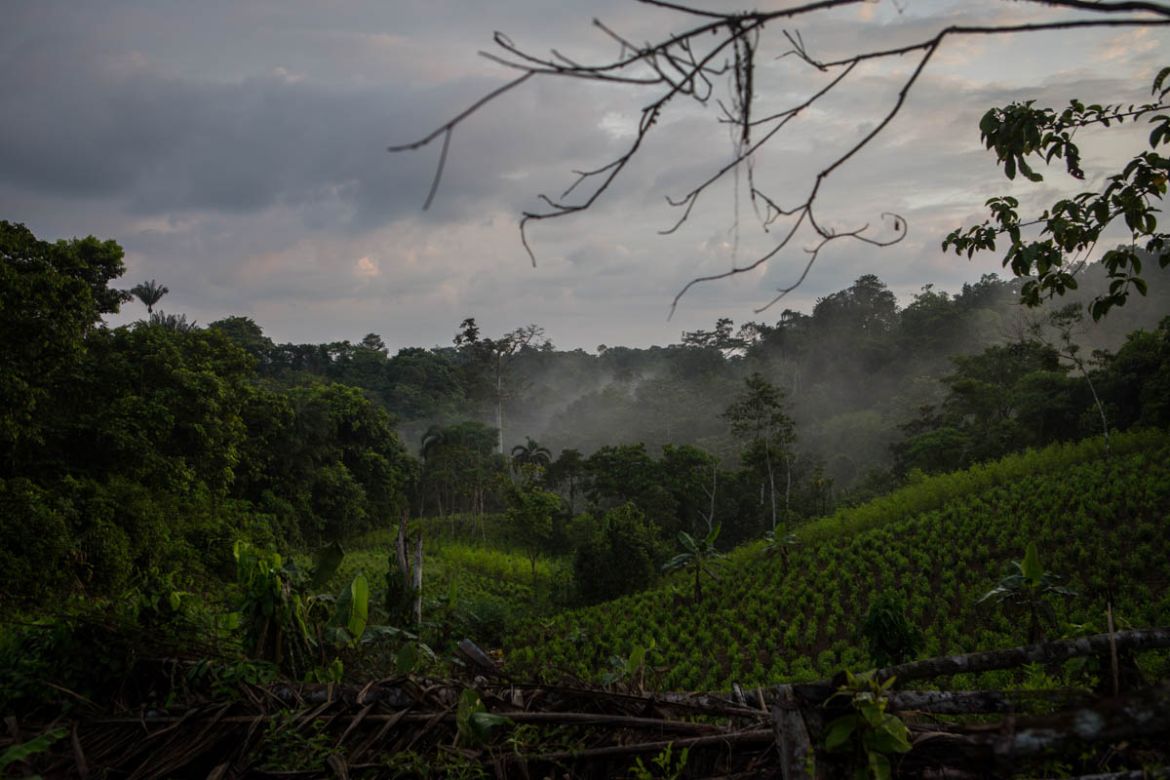
Nano is one of many coca cultivators in southern Colombia.
He lives with his wife and three children in a small coca-producing village in the department of Narino.
Most farmers like Nano don’t necessarily chose to cultivate coca, but are obliged or persuaded to do so either by armed groups who watch over the trade, or because other crops are simply not rentable.
“I am not proud of cultivating coca,” Nano tells Al Jazeera.
“I would like to substitute the illegal crops. But we have no alternatives,” he adds.
“The cultivation of legal crops like cocoa doesn’t bring any income and I have a family and need to provide for them. The coca makes it possible for me to send my children to school.”
The country saw a 52 percent increase in production 2016, according to UN figures.
That same year, the Colombian government signed a landmark agreement that ended more than 50 years of conflict with the Revolutionary Armed Forces of Colombia (FARC) rebel group.
As part of the peace agreement, a new voluntary eradication and crop substitution programme began, but its implementation has been difficult.
The coca farmers say that there are no alternatives to the illegal cultivation and due to the high level of corruption, the promised financial support to help substitute their crops are only words that are never put into action.
Until 2016, FARC controlled 70 percent of the coca crops, most of it in the south of Colombia. Since the agreement, other groups have taken over the business.
Meanwhile, cocaine consumption in the US is rising, according to the US Drug Enforcement Administration.
As the US is financing a big part of the anti-drug war, which includes forced eradication, it is putting pressure on the Colombian government, blaming them for not meeting its anti-narcotic requirements.
In October 2017, farmers protested against the forced eradication of their coca fields in Narino, when the local security forces opened fire against them and killed 12 civilians.
“The government has come many times, saying they would offer us support within a substitution programme. But these are only words. Here at the river, nothing changes,” says Nano.
In a statement to Al Jazeera, Colombia’s Ministry of Justice said it has taken steps to eradicate coca production, but “it is necessary to invest more human and technical resources” at both the national and local level.
